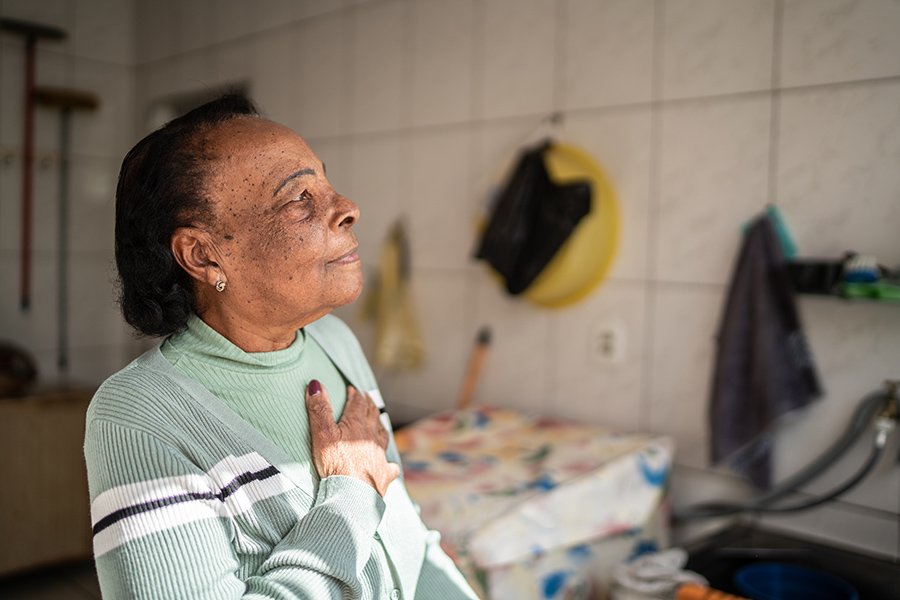“One person caring about another represents life’s greatest value.” – Jim Rohn
A caregiver sacrifices many things in order to care for a loved one or patient. Often times a caregiver spends so much time caring for a loved one that they forget to take care of themselves. Caregivers often have limited time away from their loved one to do what they want or need to do. This can lead to feelings of anger, which may then lead to guilt over feeling angry about spending all their time taking care of someone. Sadness and anger can be signs of depression. Symptoms of depression include:
- Becoming easily agitated and irritable
- Losing sleep
- Change in eating habits (eating less or eating more)
- Feeling inadequate
- Physical symptoms (headaches, nausea, etc.) that are not responding to treatment
Dementia and Depression
Researchers found that a caregiver is twice as likely to suffer from depression when caring for a person with dementia. Patients with dementia tend to wander, become agitated, and may start hoarding which makes it hard for the caregiver to get rest.
Women and Depression
Although the percentage of male family caregivers is increasing, women make up the majority of the caregiver community, and women are almost twice more likely to suffer from depression then men. This means that women in the caregiver community are at higher risk for depression.
Ways to Cope
It’s recommended that anyone suffering from depression should see a mental health professional to get the proper treatment. In addition there are other ways to cope in conjunction with seeing a mental health professional. They may include:
- Start your day with a good mindset, think of all the things you’re going to accomplish that day and how happy you are going to make the person you are caring for.
- Make time for yourself, even if only a few minutes here and there. Put an alarm on your phone for 30 minutes of “me time” watch a few funny videos or read a good book.
- Participate in exercise or any activity that keeps you alert and makes you feel good.
- While you are depressed, avoid making any big or important decisions if possible; let them wait until you are fully recovered
- Do not self-medicate – coping is not curing. If you feel that your depression is taking a major toll on your behavior and actions, see or talk to a mental health professional.
- Focus on setting realistic, short-term goals you can achieve.
- Find someone that you can speak to about what you’re going through, such as a close friend, neighbor, relative or a support group.
More Information
For more information on coping with depression, please visit:






















